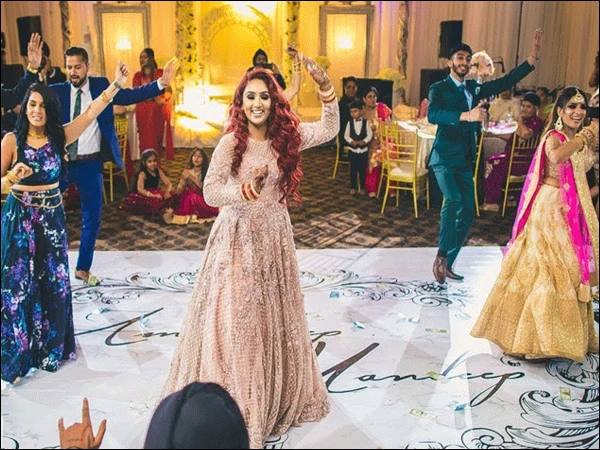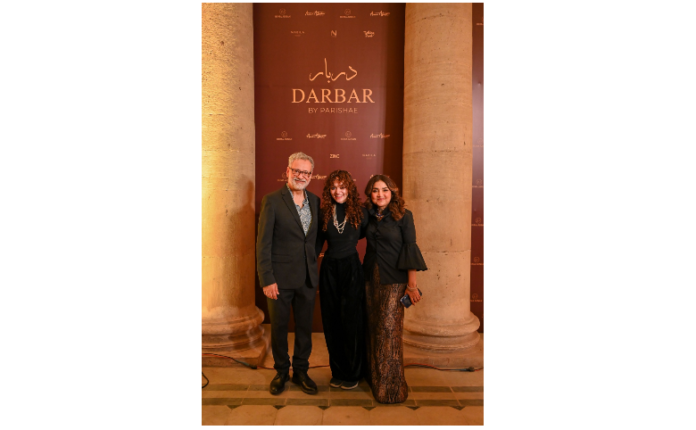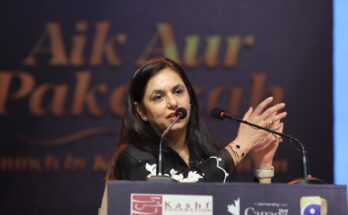Life revolves around two basic elements: joy and sorrow. When we experience these, our reactions are natural responses. For instance, upon hearing good news, one feels elated, even dances, while hearing bad news brings a different response. This is where culture is born, as some reactions are shaped by our emotions, while societal values provide guidelines and rules. Culture eliminates divisions within societies and keeps people connected.
Haji Sahib paused, took a sip of tea, and looked at me. Whenever he was upset, it was usually due to some social issue, as he considered discussing national politics or other similar topics a waste of time. After a while, he handed me his iPad, displaying a news article stating that a government member of the Punjab Assembly had proposed a resolution to ban dancing and music at wedding celebrations.
According to this member of the Provincial Assembly, a society’s festivals and family celebrations, like weddings, reflect its social, cultural, and religious traditions. In such gatherings, not only is vulgar and obscene dancing arranged, but participants, often inebriated (though “gentlemen” might be a more fitting term), engage in highly immoral and inhuman behavior.
During the debate on this resolution, some members provided strong opposing arguments. Overall, Haji Sahib and I observed democracy in full play in the Punjab Assembly’s session, which reassured us that democracy was indeed functioning in the country. However, we were saddened by the fact that, with all of Punjab’s current issues, was dancing, singing, and alcohol at weddings truly the biggest concern? Does every wedding in Punjab regularly feature the exploitation of dancers or transgender individuals?
The esteemed member of the Provincial Assembly likely belongs to this very province and must be aware that Punjab, once full of fairs and festivals, is losing its vibrancy. Its largest city, Lahore, has become one of the world’s most polluted cities, plagued by smog. Punjab, once known as the land of five rivers, was rich in forests and cultural heritage, attracting both locals and tourists. The province’s festivals, processions, and wedding rituals reflect a refined culture. If people decide to celebrate their joy, festivals, or sorrow in the ways of their ancestors, Pakistan’s history shows that no province has any immoral, unethical, or unlawful traditions that families feel uncomfortable observing together. If any such events exist, they should be treated as criminal activities, rather than protected as cultural practices.
When a province-wide ban was imposed on flying, selling, and making kites, did it prevent accidents caused by chemical-coated kite strings or metal wires that lead to power outages and transformer failures? Instead of controlling these issues, the ban erased a beautiful festival and destroyed an entire industry, stripping Lahore of its identity.
If wedding ceremonies continue to involve gunfire, alcohol, and dance parties, a time will come when a simple solution might seem to be to criminalize anyone other than the bride, groom, two witnesses, and the marriage officiant at a wedding. Weddings and farewells may only be possible in front of a magistrate of a certain grade, with no music or festivities allowed.
If incidents of both moral and legal violations occur simultaneously at an event, law enforcement must respond impartially and deliver justice on merit. Laws already exist, but if we link them specifically to weddings or festivals, it will not only be a violation of basic rights but also an attempt to push society towards repressive and extreme behavior.







